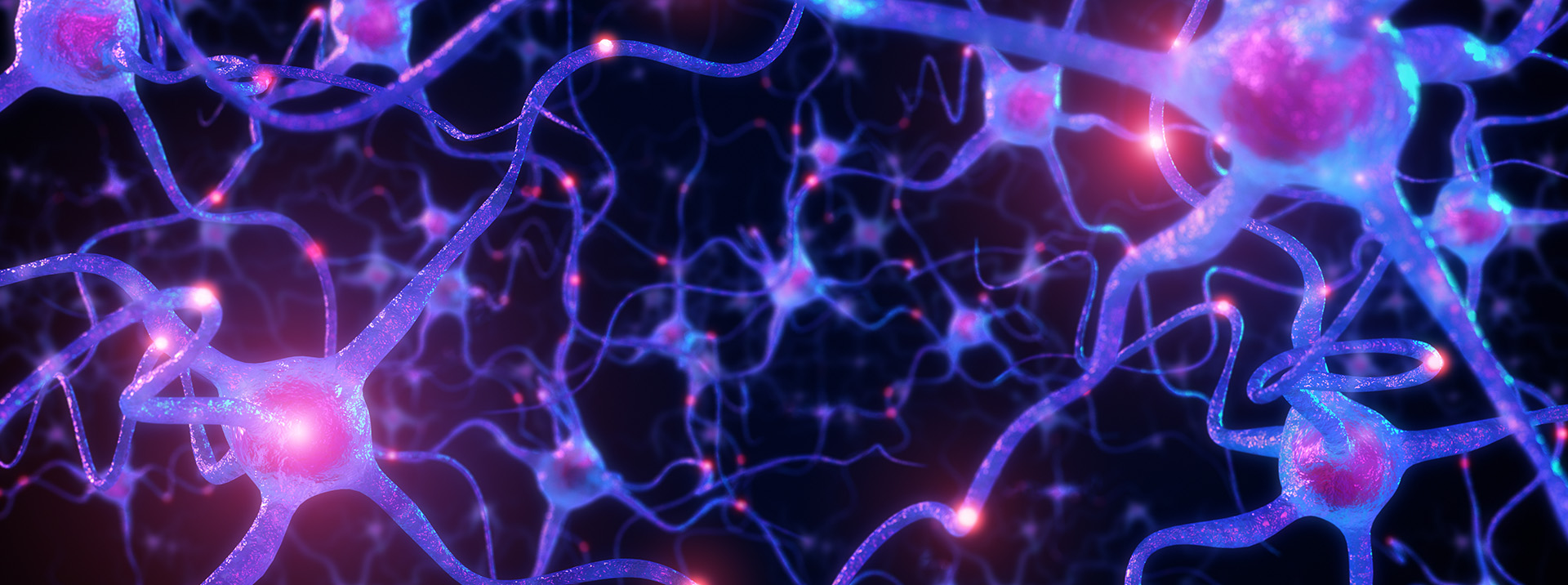The Center is organized around three pillars:
Pillar 1. Basic Biological Research
The Center supports basic biological research that studies how genes in the brain work together to generate complex behaviors that are responsive to different environmental conditions. This research uses the vast diversity in behavior that exists both within and among species as a way to gain new insights into how environments--especially social environments--help shape brain function. This research also relies upon novel combinations of evolutionary theory and neurogenomic tools to help drive discovery.
Pillar 2. Basic Mental Health Research
The Center supports basic research on mental health. This research is guided by the perspective that complex interactions between individuals’ biology and multiple layers of their social environment shape their mental health. Research supported by the Center will use cutting edge methods to identify such interactions, with the ultimate aim of incorporating insights from biological research in Pillar 1. The knowledge generated by the Center will inform the development of interventions that target both biological and social forces to effectively support mental health under a breadth of conditions.
Pillar 3. Evidence to Impact
The Center is dedicated to translating research findings into practical impact by collaborating with practitioners, policymakers, and the broader public to bridge the gap between basic research and real-world application. This pillar emphasizes equipping the public with resources to support evidence-based decision-making, practices, and policies. The Center’s work with the public will ensure research remains aligned with societal priorities and enhances the effectiveness, equity, and responsiveness of efforts to address issues from mental health to climate change, including the limitations of biological determinism.
